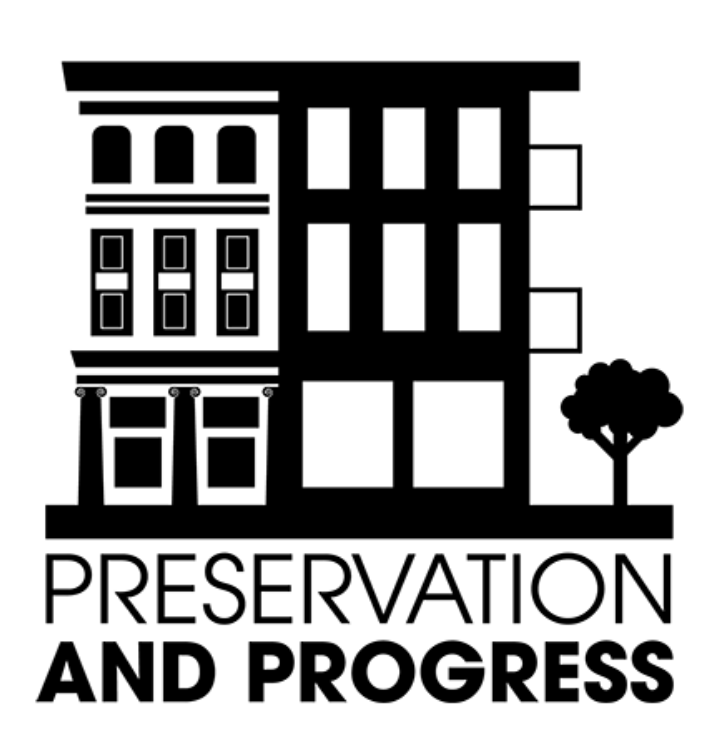By: Barry Hager, Advisory Director
Under pressure from the development industry, the City of San Diego is proposing to dramatically alter its historic preservation program. Last year, the city launched its “Preservation and Progress Initiative,” which is billed as a comprehensive update of the city’s historic preservation regulations to “streamline processes for new homes and other uses while protecting places of historic architectural and cultural significance[.]” Collectively, these changes could dramatically reduce protections for historic resources in San Diego’s older neighborhoods, including Mission Hills.
The misconception persists that historic preservation and development are inherently conflicting. In reality, historic preservation impacts only a small fraction of development projects and, more importantly, plays a vital role in maintaining the unique identity of our city and its neighborhoods. Historic districts protect the existing stock of smaller, more affordable homes in older neighborhoods, while still allowing accessory dwelling units (ADUs) to be added.
The city has released a memorandum outlining the proposed changes, many of which would loosen rules protecting historic buildings, including by broadening the authority of the City Council to overturn historic designations and districts, by further restricting the Mills Act property tax relief program for owners of historic resources, and by eliminating protections for historic districts listed on the National Register of Historic Places. Here are some of the more troubling proposals:
- Historic Designation Appeals Process. Currently, the city’s Historical Resources Board (HRB), whose members include experts in architecture and history, decide whether a property is historic, while the City Council can review the HRB’s decision for procedural errors. The proposed change would allow the City Council to make the final decision, injecting politics into the process.
- Mills Act Program. The Mills Act program is one of the few existing incentive programs that makes homeownership more affordable. The city is considering restrictions and could severely cut back the program and available tax incentives.
- Historic Reviews. The city is proposing to eliminate the screening process that flags potentially historic properties when applications for construction and demolition permits are filed. The city has already determined that the existing historic review process only flags a small percentage of homes seeking permits and does not significantly delay most projects. However, the process could be streamlined if the city performs a comprehensive citywide survey of potential historical resources.
- Individual Site Designations. The city proposes to revise the eligibility thresholds for individual designations, making such designations more difficult to obtain.
- Historic Districts. Over the years the city has identified dozens of potential historic districts in Mission Hills and other older neighborhoods of San Diego through community plan updates. However, the city has not adopted a new historic district in over seven years. To fill this gap, Mission Hills Heritage (MHH) and other organizations have successfully nominated several potential historic districts to the National Register. The city is proposing to strip existing protections from National Register districts and make it more difficult to locally designate such districts.
The proposal does include several changes that could be beneficial, such as developing educational materials on the benefits of preservation, streamlining the process for adaptive reuse of historic buildings, strengthening the penalties for demolition by neglect and unpermitted alterations, and developing objective design standards for improvements to historic resources, including for the addition of ADUs in historic districts. Details have not yet been released, so it is not yet possible to review and comment on these proposed changes.
MHH and other groups have requested that the city perform an analysis of the economic benefits of historic preservation and the impact of such regulations on affordable housing before pushing forward with the reforms. Last year the Neighborhood Historic Preservation Coalition, of which MHH is part, urged the city to perform such an analysis, stating in a letter, “Without a rigorous, data-driven study focused on the real impacts of the city’s historic regulations necessary to guide the city in its overhaul, we fear that any revisions would be misguided and fail to effectively remedy the regulations’ perceived defects.” The city has failed to perform such an analysis, so MHH is helping to fund an upcoming study by PlaceEconomics to analyze the economic, cultural, and social benefits of historic preservation in the city. The study will be performed later this year. We are asking the city not to move forward with its reforms until this important information becomes available.
Meanwhile, MHH has submitted comments on the initiative to the city and will continue to advocate for protecting and strengthening the city’s historic preservation regulations. We also ask our members to weigh in and submit their comments to the city. Go to www.missionhillsheritage.org and click on “Projects” to find instructions for submitting comments to the city. Let the city know that you care about protecting our historic neighborhoods.

